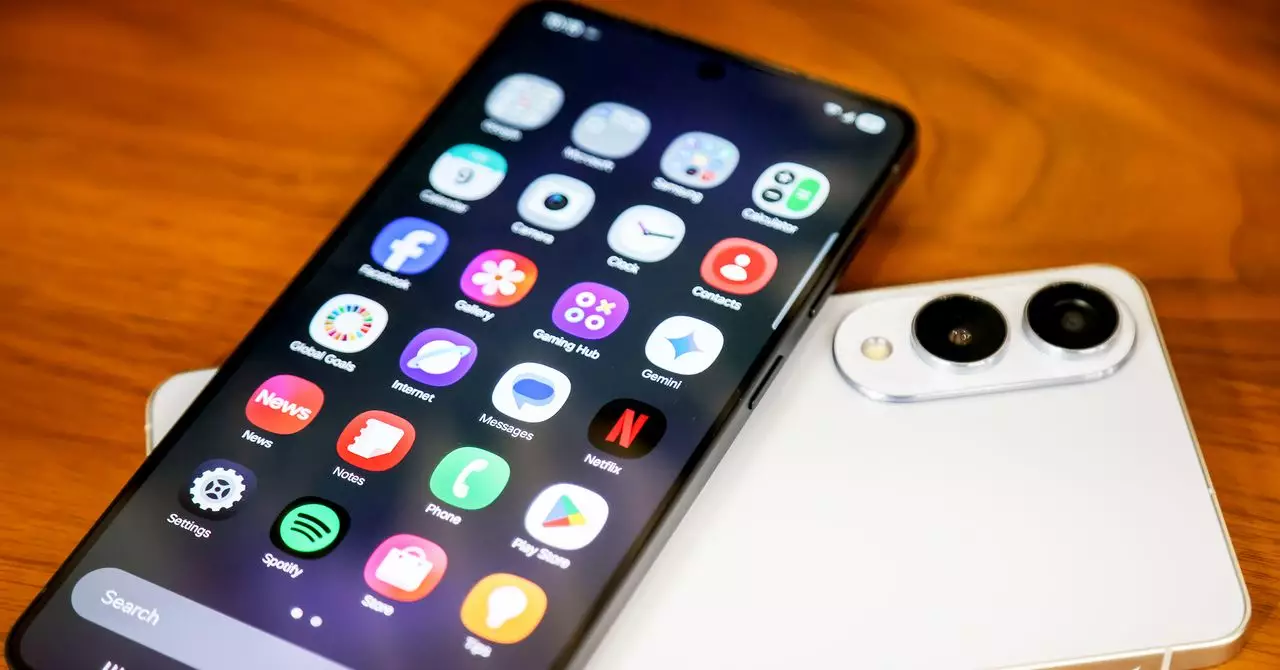Samsung’s declaration that all Galaxy AI data is “securely encrypted” offers a reassuring veneer for cautious users. Yet, the phrase subtly masks the stark reality: no system can promise absolute immunity from breaches. While encryption is a critical line of defense, it doesn’t eliminate vulnerabilities—especially given the relentless ingenuity of cyber threats. Samsung’s detailed privacy policy acts as a transparency measure, but it often remains cryptic or buried deep within lengthy documents, leaving many users unaware of the true extent of data collection. In an age where privacy and data security are paramount concerns, this self-described commitment to protection must be scrutinized critically. It’s not enough to rely solely on encryption; users should demand clearer explanations of how their information is stored, accessed, and used.
Control is a Double-Edged Sword
Samsung provides options to toggle AI features on or off—a good step towards user empowerment, but one that exposes a deeper issue: the illusion of control. The presence of straightforward toggles suggests autonomy, yet many AI functions require internet access, inherently inviting data to leave the device. On-device processing, supported by Snapdragon 8 Elite chips, promotes a semblance of privacy by limiting data transfer, but the reality is that certain features—like automatic summaries or generative editing—depend heavily on cloud services. This dichotomy reveals an underlying tension: how much do users truly control their data when core functionalities are cloud-dependent? Furthermore, the varied availability of features based on toggles and device capabilities could complicate user experience, leading to confusion and potential mismanagement of privacy preferences.
The Promise of On-Device AI: A Step Forward or a Smokescreen?
While the push toward on-device AI processing is commendable—offering faster performance and enhanced privacy—the actual benefits come with caveats. Samsung’s implementation via Snapdragon chips enables some level of local computation, reducing reliance on internet connectivity. However, the absence of a comprehensive list of which features are fully on-device creates ambiguity, fostering a sense of uncertainty. Are users truly gaining privacy, or are they merely delaying the inevitable cloud dependency? The promise of keeping more data on the device is attractive, but without full disclosure, users are left debating whether the trade-offs are justified. Moreover, on-device AI capabilities may not match the sophistication and versatility of traditional cloud-based solutions, highlighting a gap between expectation and reality.
Questioning the Future of AI Privacy and Utility
Ultimately, Samsung’s AI features embody a broader industry trend: leveraging AI’s power to enhance user experiences, albeit at a potential cost to privacy. As AI becomes more embedded in daily life, questions of security, control, and transparency loom larger. Users are faced with a paradox: they crave smarter devices, yet often lack clarity about how their data is handled behind the scenes. Samsung’s approach reflects a delicate balancing act—offering powerful tools while maintaining a facade of security. It’s imperative for consumers to critically evaluate the trade-offs involved, recognizing that the promise of convenience often comes wrapped in layers of complexity. Moving forward, a more honest conversation about what’s being collected, processed, and stored is essential if we are to truly harness AI’s potential without compromising our privacy.

